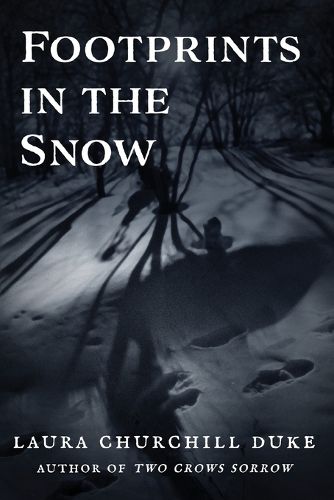Readings Newsletter
Become a Readings Member to make your shopping experience even easier.
Sign in or sign up for free!
You’re not far away from qualifying for FREE standard shipping within Australia
You’ve qualified for FREE standard shipping within Australia
The cart is loading…






This title is printed to order. This book may have been self-published. If so, we cannot guarantee the quality of the content. In the main most books will have gone through the editing process however some may not. We therefore suggest that you be aware of this before ordering this book. If in doubt check either the author or publisher’s details as we are unable to accept any returns unless they are faulty. Please contact us if you have any questions.
In 1896, in Digby, Nova Scotia, someone brutally murdered Annie Kempton, a young woman. Suspicion quickly focussed on Peter Wheeler, who claimed to have been the first to find the body. Local opinion, amplified by newspaper headlines, moved more quickly than legal processes to pin the guilt on Peter. But a Halifax reporter covering the murder and the ensuing trial began to have doubts. Some of the forensic evidence did not seem to line up with witness statements and evidence like lines of footprints in heavy snow.
Did Peter Wheeler really do it? Or was he found 'guilty by convenience'?
$9.00 standard shipping within Australia
FREE standard shipping within Australia for orders over $100.00
Express & International shipping calculated at checkout
This title is printed to order. This book may have been self-published. If so, we cannot guarantee the quality of the content. In the main most books will have gone through the editing process however some may not. We therefore suggest that you be aware of this before ordering this book. If in doubt check either the author or publisher’s details as we are unable to accept any returns unless they are faulty. Please contact us if you have any questions.
In 1896, in Digby, Nova Scotia, someone brutally murdered Annie Kempton, a young woman. Suspicion quickly focussed on Peter Wheeler, who claimed to have been the first to find the body. Local opinion, amplified by newspaper headlines, moved more quickly than legal processes to pin the guilt on Peter. But a Halifax reporter covering the murder and the ensuing trial began to have doubts. Some of the forensic evidence did not seem to line up with witness statements and evidence like lines of footprints in heavy snow.
Did Peter Wheeler really do it? Or was he found 'guilty by convenience'?